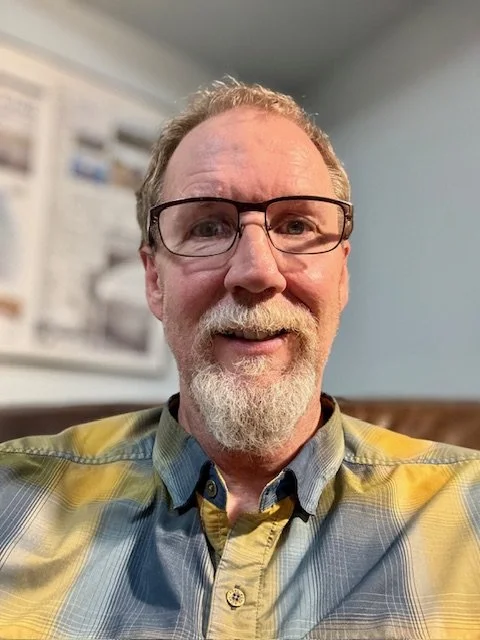About Person-Centered Therapy
How It Works
Person-centered therapy, also known as Rogerian therapy, originated in the work of the American psychologist, Carl Rogers, who believed that everyone is different and, therefore, everyone’s view of his or her own world, and ability to manage it, should be trusted. Rogers believed that all of us have the power to find the best solutions for ourselves and make appropriate changes in our lives. Person-centered therapy was a movement away from the therapist’s traditional role—as an expert and leader—toward a process that allows clients to use their own understanding of their experiences as a platform for healing. The success of person-centered therapy relies on three conditions:
1) Unconditional positive regard, which means therapists must be empathetic and non-judgmental to convey their feelings of understanding, trust, and confidence that encourage their clients to make their own decisions and choices
2) Empathetic understanding, which means therapists completely understand and accept their clients’ thoughts and feelings
3) Congruence, which means therapists carry no air of authority or professional superiority but, instead, present a true and accessible self that clients can see is honest and transparent.
-Psychology Today
Get in touch
Call or e-mail to make an appointment for an initial consultation. I accept private pay and most insurance plans including Medicaid.
Book an appointment ▸
About me.
Therapist
Jonathan C. Angel, M.S., LCPC.
My work with individuals and their families is based on a life time of personal and family experience learning to live with serious mental illness. I have spent much of my adult life involved in research through the National Institute of Mental Health, advocating for families and individuals through the National Alliance on Mental Illness and working with the most vulnerable populations through the Mental Health Center PACT program. I believe that everyone is capable of meaningful recovery through the pursuit of education, healing, and personal growth.
Education
Montana State University-Billings
Master's Degree in Clinical Rehabilitation and Mental Health Counseling, 2016.
Northern Arizona University
Bachelor of General Studies, Minor in Art History, 1993.
Experience
• National Alliance on Mental Illness
• Mental Disabilities Board of Visitors
• National Institute of Mental Health
• Rimrock Foundation
Licensure
• Licensed Clinical Professional Counselor, Montana

